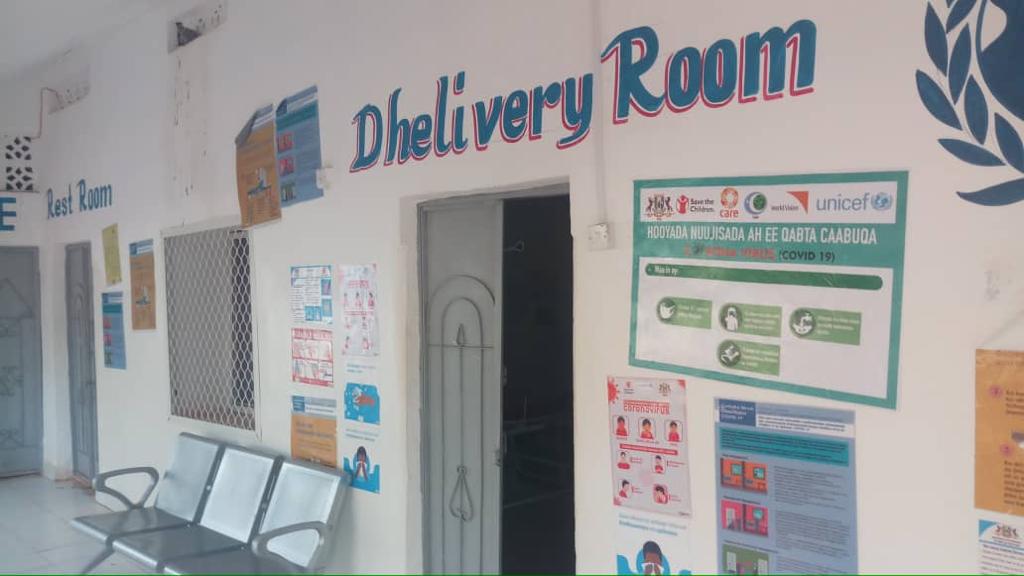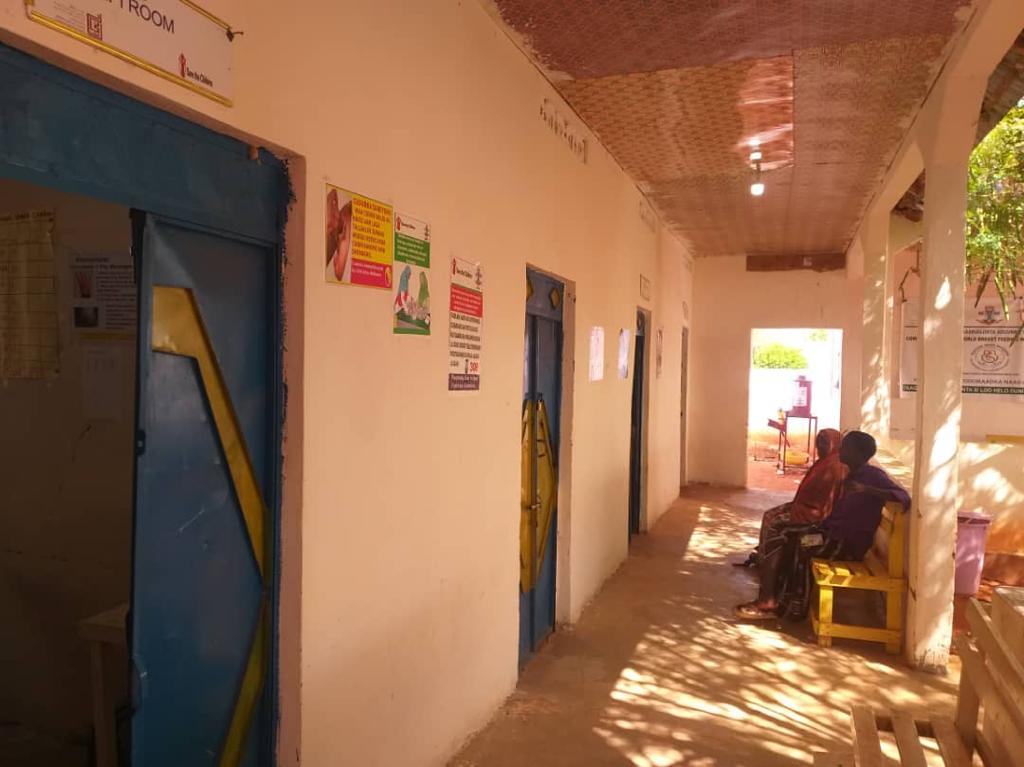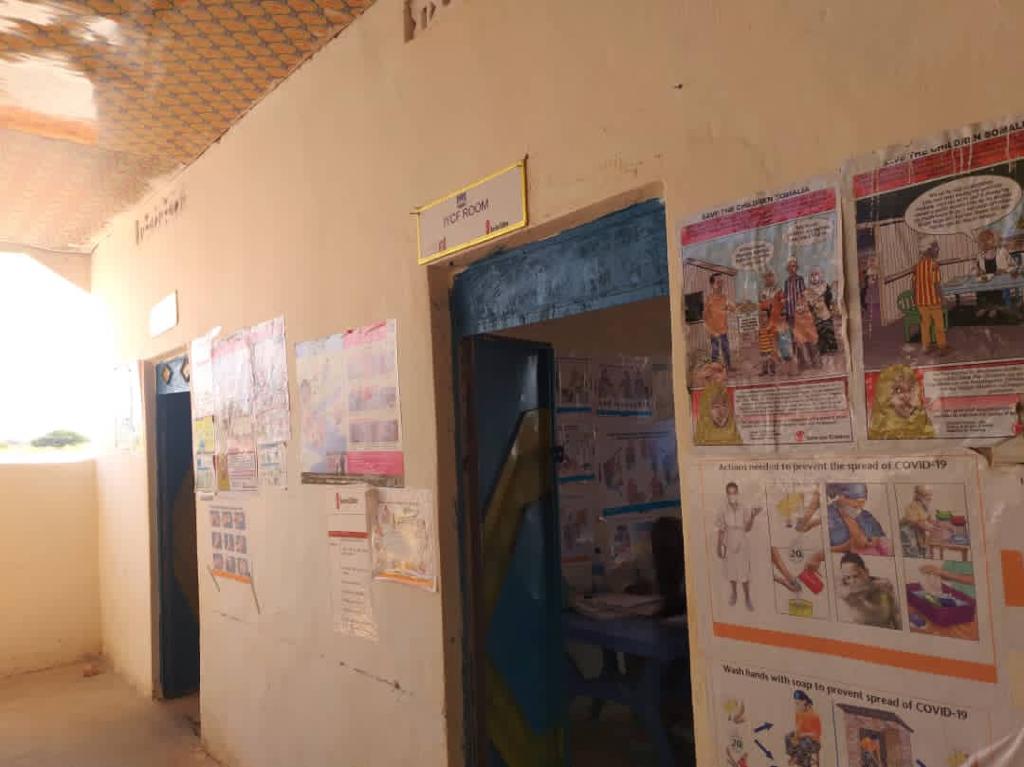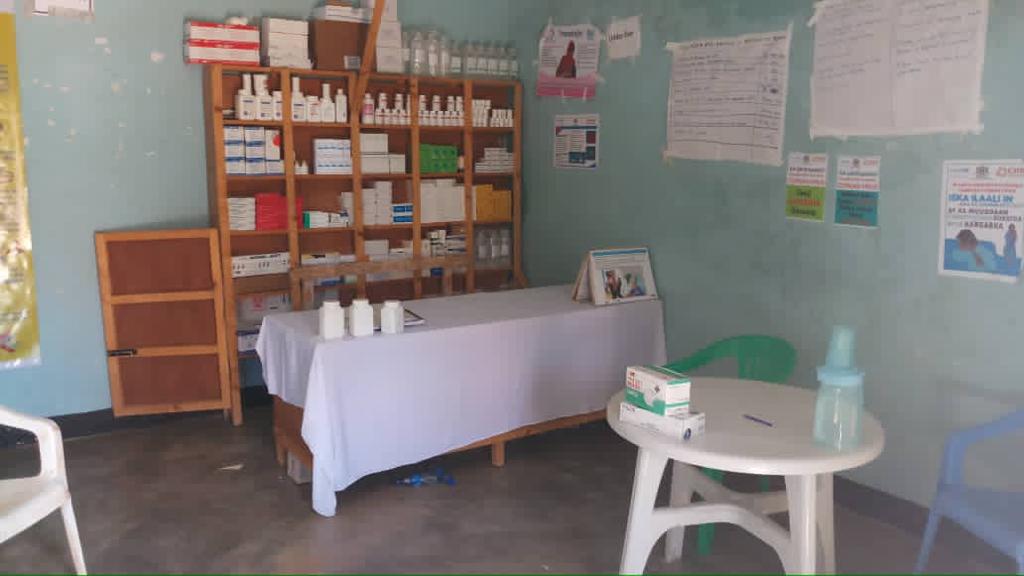Updates from the HADDA project
In the HADDA project, SPIDER supports the development a cohesive digital health information system in Somalia.The initial phase for SPIDER’s research partner SIDRA Research Institute meant conducting a baseline study of the current system and status in clinics and hospitals. Somalia has several different digital health management systems, initiated by different actors, and they lack coordination. The most used, DHIS2, connects half of the surveyed health units.
A technical assessment done by KasmoDev also points out needs for technical equipment and technical support. To achieve these goals, international organizations including WHO, UNICEF and UNFPA join hands with Somali federal and member state ministries. HADDA supports the digitalization of health management through capacity building and technical equipment in the existing structures.
Images from some of the clinics SPIDER partners visited for assessments.
Photos: Kasmodev
(slide to see the next)
About the project
HADDA is a multi-stakeholder collaboration to improve access to maternal and child health care in Somalia by implementing a digital health management information system. The project is funded by Sweden through the Swedish embassy to Somalia.
Go to spidercenter.org/hadda to learn more.
To become a useful tool for decision-making, planning, provision and follow-up of accurate health care, a Health Management Information System requires routine reporting of standardized indicators from all health units. Health staff need training in how to collect patient data and report them accordingly in the DHIS2. For data-driven decision-making, health officers at district and regional level need capacity to analyse relevant statistical information.
Data is central in the HADDA project. Medical data needs to be collected, systemized and analyzed. It is evident that patient data is necessary to prioritize treatments, refer patients properly, and plan for the development of health services. In order to make that possible, HADDA needs to build on data about the existing health system and reporting system. This data is required before any implementation of change can be done. Enumerators have visited near 160 health units from primary care to district offices and ministries, where they made observations and conducted key informant interviews and focus group discussions. Data has been compiled into a baseline study report by SIDRA and a technological assessment report by KasmoDev. This data is being used to develop an implementation plan that will be used to integrate the systems.





